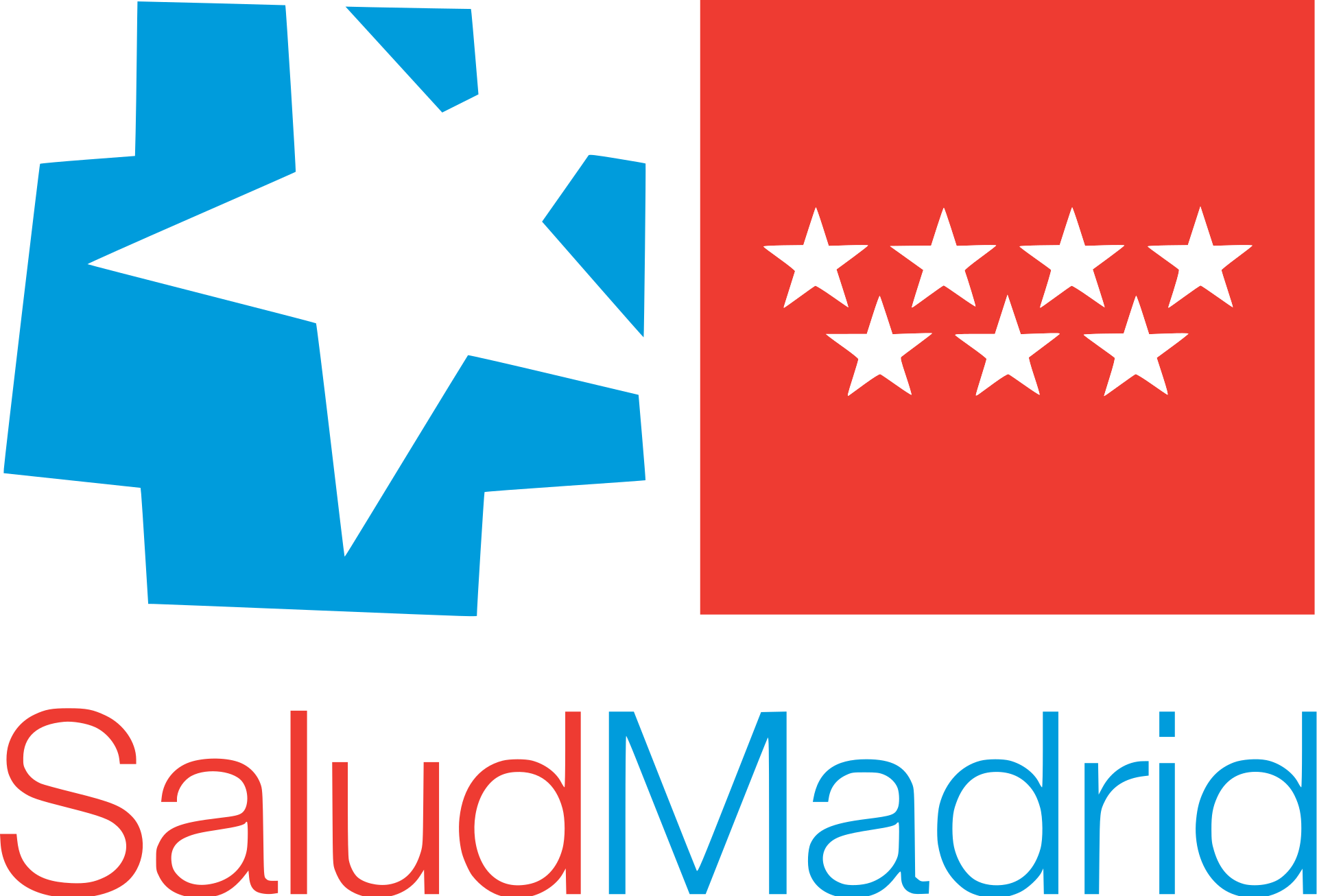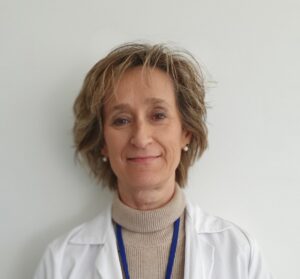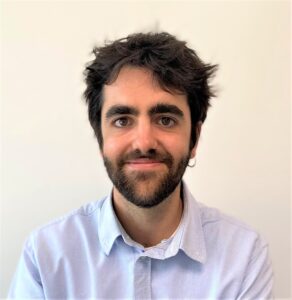Servicio Madrileño de Salud (SERMAS) is the administrative and management structure that integrates every public hospital and other public health services of the Madrid Regional Health System in Spain. One of its largest hospitals is the Ramón y Cajal University Hospital (RyCUH), a 1,000 bed institution founded in 1977. The RyCUH provides comprehensive health care in all medical and surgical specialties, and it has an established research institute named Ramón y Cajal Health Research Institute (IRYCIS). The IRYCIS encompasses basic, translational and clinical research departments, with all the required infrastructures to perform phase I to IV clinical trials, including full laboratory and imaging equipment and an Ethical Committee. The IRYCIS ranks first in Madrid and third in Spain in biomedical research production, working in partnership with more than 50 leading international centres.
According to the last scientific report available (2021), the IRYCIS relies on over 1,100 people performing research, with more than 1,400 active research projects, over 100 innovation projects, 27 patent families, 1,311 scientific publications and 65 courses and events.
IRYCIS comprises 42 research groups structured in 6 priority research areas:
– Neuroscience, sense organs and mental health: 10 research groups
– Microbiology, immunology and infection: 4 research groups
– Cancer: 5 research groups
– Tools for advanced medicine: 7 research groups
– Chronic pathologies and surgery research: 12 research groups
– Epidemiology, public health and healthcare: 4 research groups
IRYCIS also counts on many associated clinical researchers who develop translational and clinical research as well as innovation in multiple departments such as pathology, bioelectromagnetics, pharmacy, haematology, intensive care and radiology, among others.
The Radiology Department at the RyCUH performs a large number of imaging tests (approximately 400,000 per year), and has over 250 employees. It provides diagnostic and therapeutic support to patients of all medical and surgical specialties, and it is equipped with 5 CT scanners (including a Spectral CT scanner) and 4 MRI scanners (including a 3.0T MRI scanner). In addition to having state-of-the-art equipment, the Radiology Department has an extensive R&D activity and a strong commitment to scientific and technological progress. The Department integrates a Biomedical Imaging Research Unit and collaborates closely with numerous universities and technology companies in research and innovation projects. Its R&D activity is strongly oriented towards strategic objectives such as personalized medicine or early detection, especially through the use of artificial intelligence and radiomics. The department’s research activity in cancer stands out, both through clinical trials and publicly funded projects.
More info at www.irycis.org
Role of institution in the project
The SERMAS team is mainly involved in WP2 and WP7. Within WP2, the team’s work focuses on providing insight, as a clinical partner, on the key aspects to foster the enrolment of health data providers, as well as facilitating their participation and engagement in the project. In WP7, the team collaborates in the design and implementation of a set of scientifically relevant use cases, especially aimed at developing precision medicine and early detection tools through the use of artificial intelligence and radiomics, in order to demonstrate and validate the usability of the EUCAIM platform.




